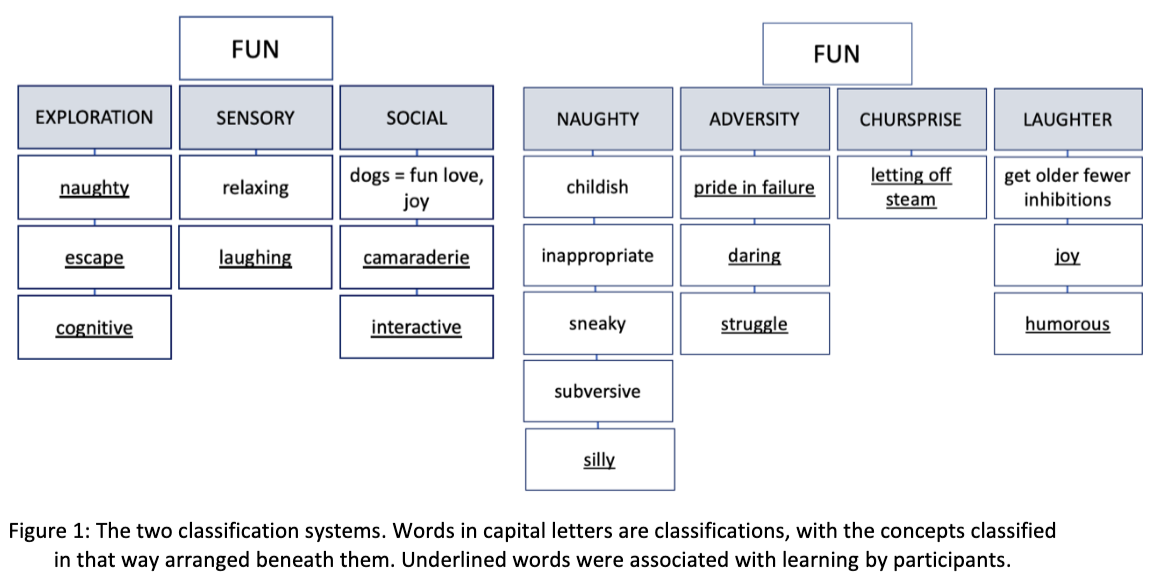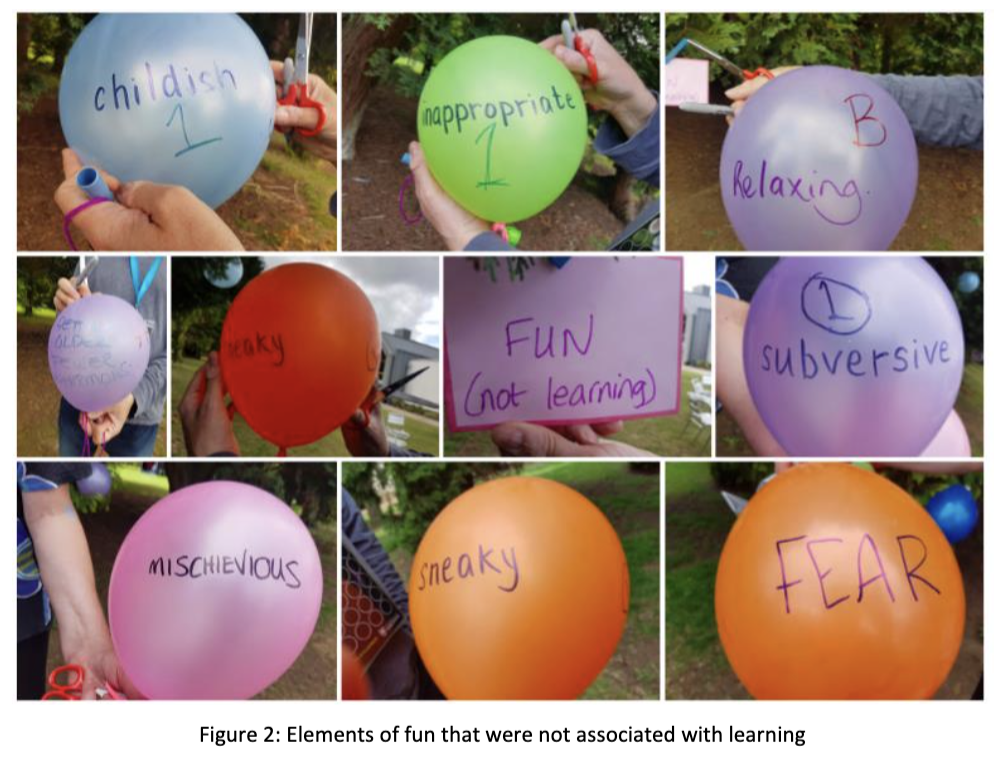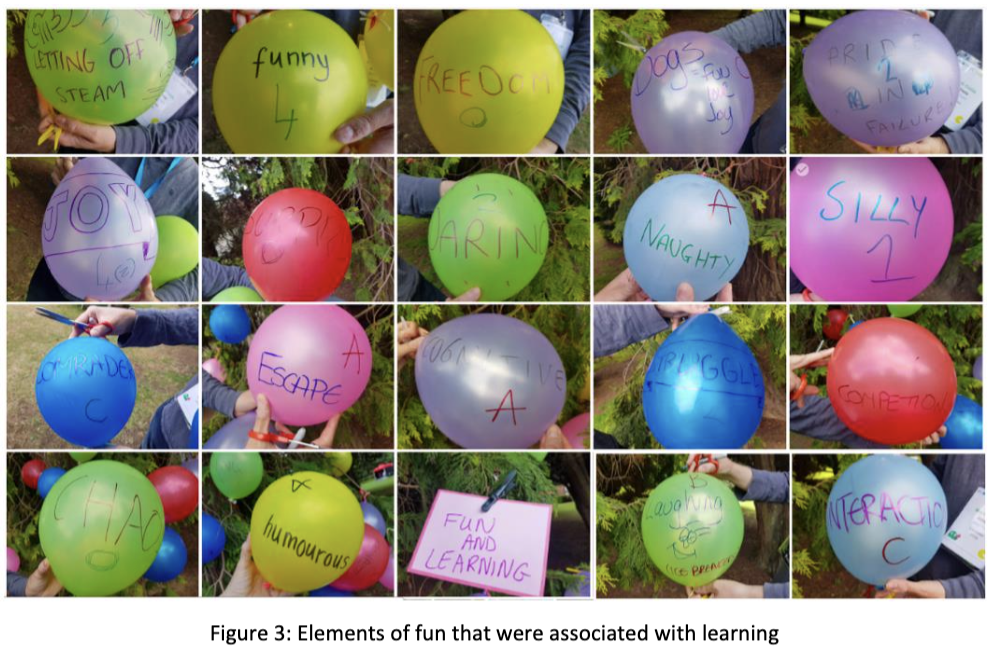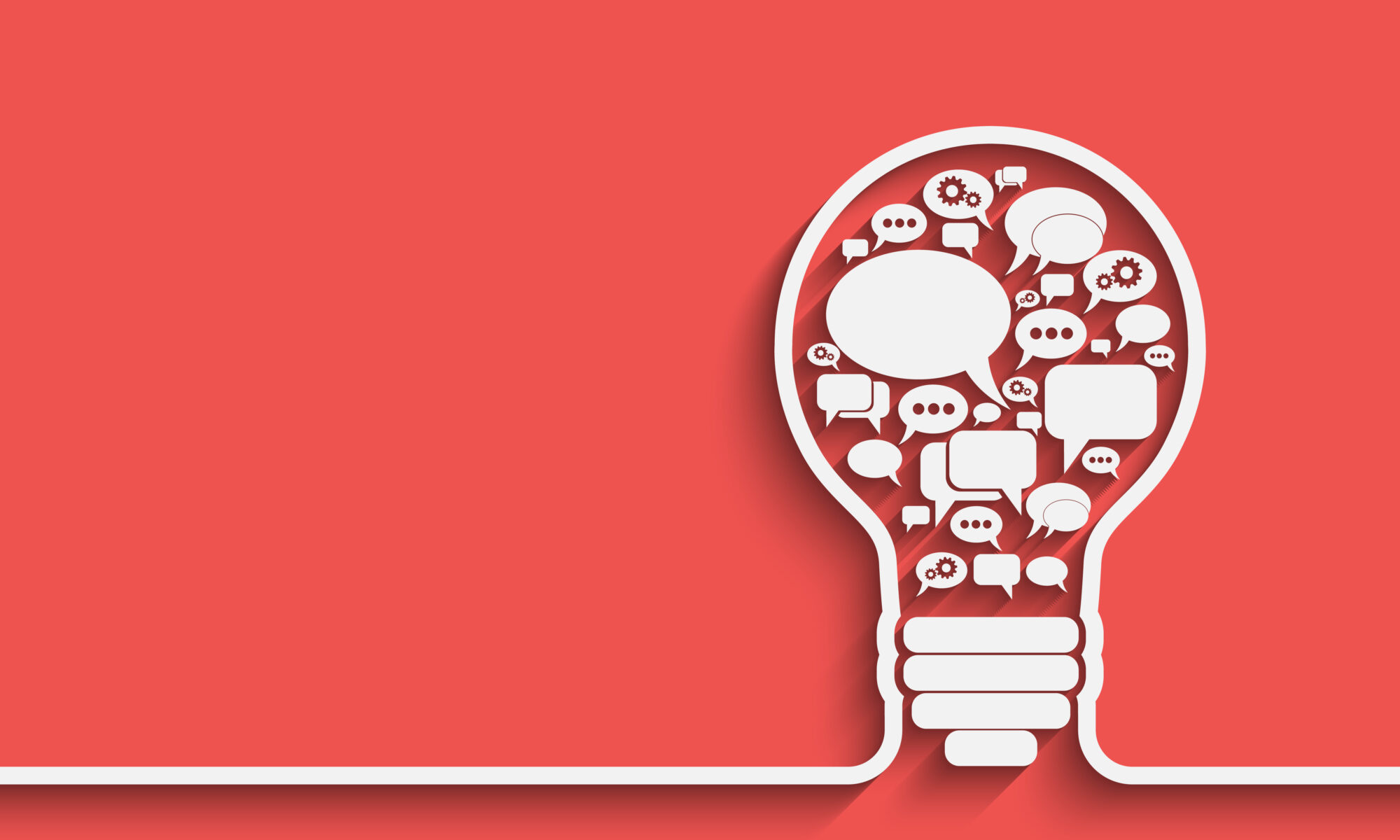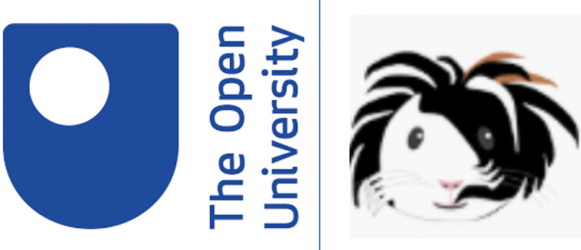Using Balloons to Build Consensus
Ferguson, Rebecca; Childs, Mark; Okada, Alexandra; Sheehy, Kieron; Tatlow-Golden, Mimi and Childs, Anna (2020). Creating a Framework of fun and Learning: Using Balloons to Build Consensus. In: 14th European Conference on Games Based Learning – ECGBL 2020, 23-25 Sep 2020, Brighton (held virtually due to COVID).
Abstract
The relationships between fun and learning are far from clear. Some argue that the two are mutually exclusive, while playful practitioners draw attention to links with motivation, exploration and creativity. This is an important issue in the context of games-based learning – should fun be emphasised, or should it be set aside in favour of other elements? In order to explore the relationships between learning and fun, it is first necessary to understand the meanings of ‘fun’, a term that previous studies have shown is interpreted in several distinct ways. In this paper, we explore a new approach to researching fun and learning, the Consensus Workshop. This method was used to address two research questions: ‘What elements of fun do a group of educational practitioners identify within a Consensus Workshop?’ and ‘How do participants see these elements translating to a learning scenario?’ It was also used to explore whether a Consensus Workshop can be used to collaboratively create a taxonomy of fun, and to identify any practical and conceptual barriers to this being done effectively. Participants in a Consensus Workshop used balloons to help them construct two typologies of fun and its relationship to learning. We evaluate this approach and its outcomes, identify elements of a future typology, examine how understandings of fun are shaped by context, and consider the ways in which participants linked fun and learning. The study highlights the importance of context to understandings of fun, and also finds indications that studies in this area are limited by a tendency to focus on socially acceptable views of fun and its relationship to learning. It finds that a Consensus Workshop has the potential to be used to create a taxonomy of fun. In this initial trial of the method, educational practitioners identified multiple elements of fun and made a range of connections between fun and learning.
